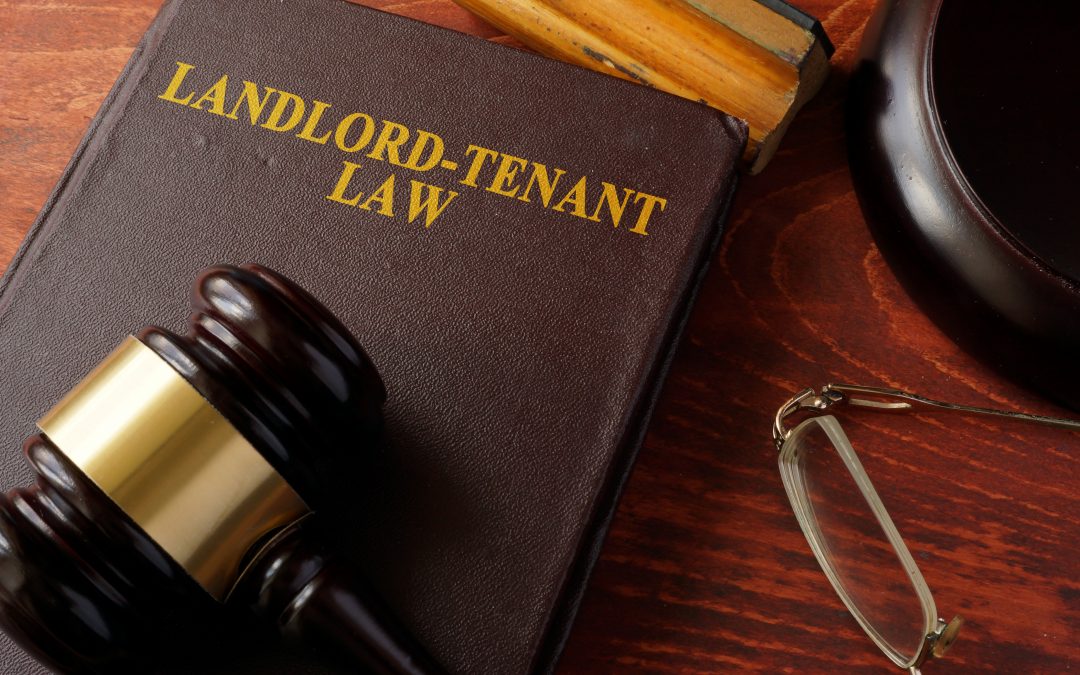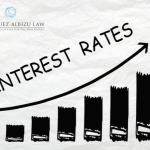It goes without saying that we are currently experiencing a global pandemic. This historic threat to public health is unprecedented and as such governments are implementing rare actions including extending a moratorium on evictions. The Coronavirus Aid, Relief, and Economic Security Act (CARES Act) has extended a temporary moratorium on evictions through December 31, 2020. As a landlord, how are you handling this situation? Are you up to date on what your rights are?
This extension is not great news for many landlords who have been struggling since the beginning of the pandemic, as many renters have been unable to pay rent since early this year. The team at Rodriguez-Albizu Law, P.A. is here to guide you through this complex issue.
A renter is protected from eviction if any of the following circumstances are applicable:
- The renter expects to earn less than $99,000 in annual income during 2020.
- The renter was not required to report any income in 2019 to the IRS.
- The renter received an Economic Impact Payment or stimulus check.
Many individuals are eligible for this eviction protection but action on the part of the renter is required. They are responsible for providing a declaration, under penalty of perjury, stating they:
- Have used their best efforts to obtain all available government assistance for rent or housing.
- They are eligible for eviction protection, see criteria above.
- They are unable to pay the full rent or make a full housing payment due to substantial loss of household income, loss of wages or extraordinary out-of-pocket medical expenses.
- They are using their best efforts to make timely partial payments that are as close to the full payment as the renter’s circumstances permit.
- Eviction would likely render the renter homeless.
If your renter is seeking protection they must submit (this declaration form) from the CDC. Do you know what you are entitled to as a landlord once the renter has filed the declaration? The renter must agree that they:
- Understand that I must still pay rent or make a housing payment, and comply with other obligations that I may have under my tenancy, lease agreement, or similar contract. I further understand that fees, penalties, or interest for not paying rent or making a housing payment on time as required by my tenancy, lease agreement, or similar contract may still be charged or collected.
- Understand that at the end of this temporary halt on evictions on December 31, 2020, my housing provider may require payment in full for all payments not made prior to and during the temporary halt and failure to pay may make me subject to eviction pursuant to state and local laws.
Landlords who violate the CDC’s eviction moratorium are subject to severe penalties including hefty fines up to $250,000.
During this time, the biggest take away as a landlord is you are still entitled to collect rent, charge late fees and other penalties. If you are unsure of your rights as it relates to the eviction moratorium, give us a call. We understand the challenges you are facing and are here to help you through this process.






